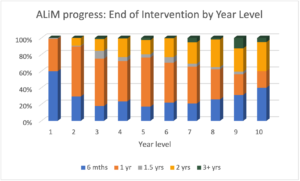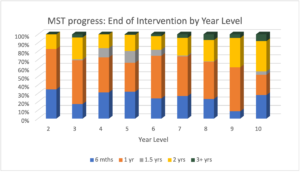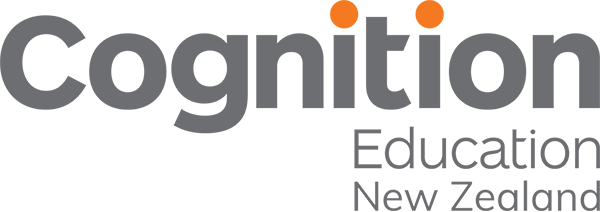What is ALiM and MST?
Since 2012, Cognition Education has been supporting teachers to accelerate learning in mathematics. Our Mathematics facilitators focus Professional Learning and Development on enabling and empowering students. There are two intervention models that we support schools and their teachers with, the first is Accelerated Learning in Mathematics (ALiM) and the other is Mathematics Support Teacher (MST). Both intervention models are driven by inquiry with students at the centre.
The ALiM intervention model is designed for teachers to be solution focused on what they can do and change within their practice to enable the students to achieve success in mathematics learning.
The MST intervention is designed for those students who have some learning challenges that needs a more in-depth response to interrupt and accelerate the students current learning trajectory.
Each year the Cognition team and mathematics facilitators support teachers to provide targeted support for nearly 3,000 students. We are proud that the ALIM Intervention has successfully accelerated the learning of the majority of these students with significant gains being made within a 12 to 15 week period. Not only has their learning accelerated, these students also develop more positive attitudes towards learning and teachers see the impact of change across all aspects of the students learning.
Table 1: Mathematics achievement gains for ALiM students

Table 2: Mathematics achievement gains for MST students

The two tables show the increased gains in achievement students have made as a result of the intervention support received.
Collective Responsibility
Collaborative inquiry sits at the centre of both interventions.
ALiM and MST continue to evolve into an ever more effective intervention. Adaptation around what works and what doesn’t has come about because teachers are conducting continual inquiry into their own practice. The teachers and school leaders involved don’t see it as a programme that is applied to fix a problem. As one principal commented, “In the past I think there’s been the tendency to just plug the child into an existing intervention. We are challenged with what are the child’s needs and how will we create an intervention to meet those needs?”
Another school leader we interviewed said, “I would just say that every school would find it hugely beneficial to be involved. I think that long term the goal is of course to reduce the number of students who need interventions, and I think that we’re well on the way to getting there.’’
Learning from students is important, as is continuous evaluation. As the teachers design and implement their intervention, they adapt and refine their practice to ensure accelerated student progress occurs.
Teachers are given the tools and support to do something different in their teaching, and to identify and evaluate what works. In the video, Gemma Lee from Kaiangaroa reflects on the positive effect ALiM had on her own practice.
Gemma-Lee also comments ‘Regardless of whether you are part of ALiM or not you are still going to have some of those students in your class that need extra support and the ALiM intervention and the programme design is perfect for teachers … why would you not scaffold or front load –when you know it works and your students can be successful?’
Why are ALiM and MST working so well?
- Schools are supported to use their expertise to undertake a short-term inquiry focused on accelerating progress of a group of students
- Schools deepen inquiry thinking and practice is based on sound evidence.
- The leadership team alongside the ALiM teacher or MST transfer to other teachers what they have learned through their inquiry.
- Students develop their identity as successful learners in mathematics, which supports their learning across The New Zealand Curriculum.
Improve teaching and learning of Mathematics for 2024.
Start today!
Maths PLD in 2025
Get started and chat with our team!

